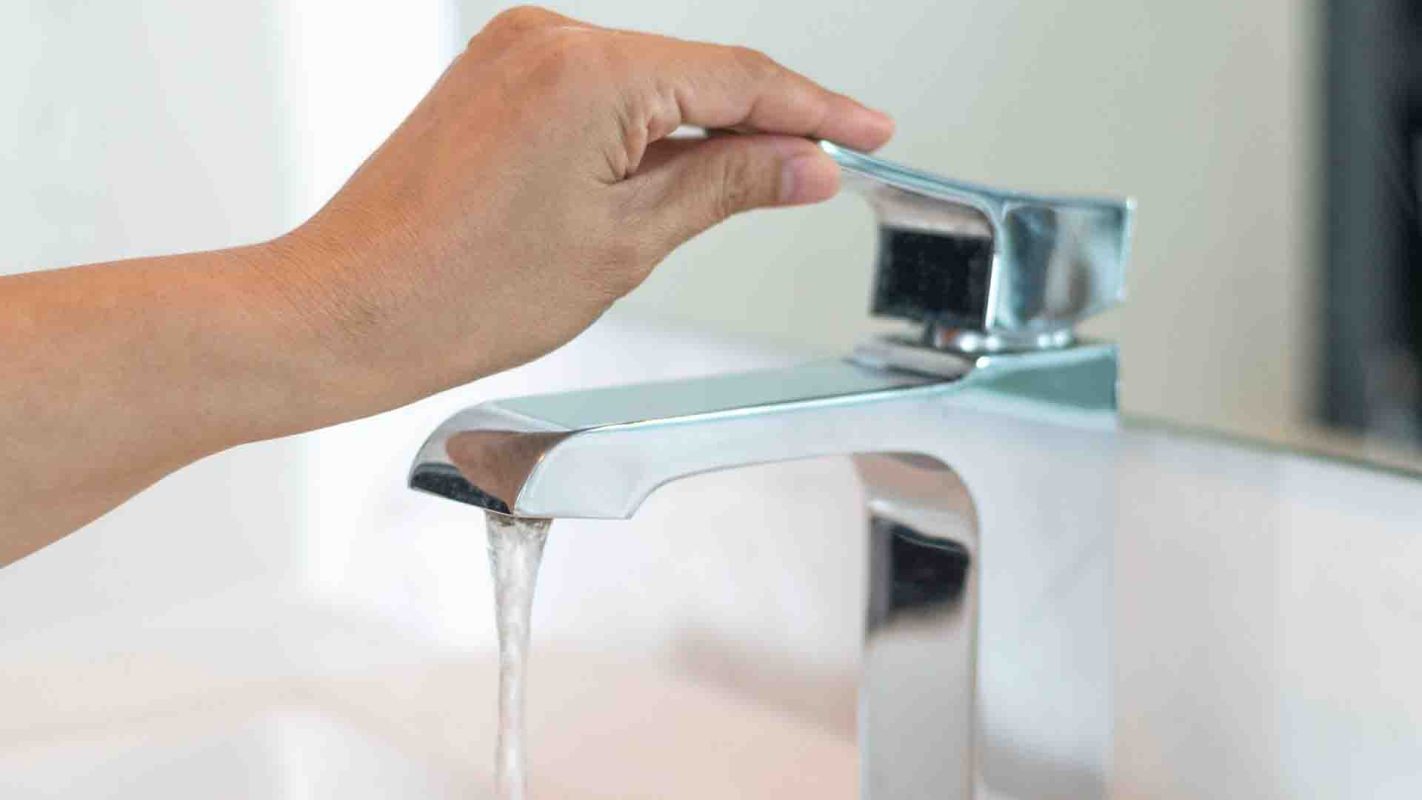A stream of tap water in your bathroom sink may not seem like a big deal. Letting the water run while you brush your teeth can feel like you're only using a few drops.
But those few minutes of brushing actually represent eight gallons of water, per person, per day, all across the U.S. — and the EPA says it's having a big effect on water conservation.
Why is water conservation important?
Water conservation is the effort to reduce water waste and protect reserves of fresh water. There is a limited supply of clean water in the world.
Less than 0.5% of Earth's water is fresh, accessible drinking water. This supply is reduced every time someone turns on a faucet. Water treatment facilities help recycle water but can't make up for the vast amounts used every day by households across the country.
The average person uses 82 gallons of water a day for drinking, cooking, bathing, flushing the toilet, washing clothing, and so forth. Some of that water use is necessary, but much of it is wasteful. For example, leaks account for 180 gallons a week in the average household, and letting your water run for five minutes while washing dishes can waste around 10 gallons.
How can water conservation save money?
The EPA estimates that taking simple household measures — like changing to more efficient household appliances, shortening showers, and, as many PSAs have suggested, turning off the tap when you brush your teeth — can reduce your water usage by about 20%. This would dramatically reduce an average household's water bill, saving more than $380 a year.
At the same time, it would relieve pressure on local water supplies, which are being strained. A Government Accountability Report from 2014 predicted that 40 out of 50 states would experience water shortages in the following 10 years, and drought in some locations has increased that concern. If more people start saving water, those shortages would be less likely and less severe.
How to conserve water at home
Besides forming good habits, like turning off the water when you brush your teeth, the EPA offers several tools to make it easy to save water.
For fixtures like toilets, shower heads, and faucets, the agency offers a program called WaterSense to identify the most efficient models. Installing WaterSense-certified fixtures helps save water passively, meaning you don't have to do anything else to make a dent in your water bill once you have them.
Similarly, Energy Star-certified appliances use less water and electricity, so switching out your dishwasher and washing machine can make a big difference.
Want more? Follow The Cool Down on Instagram and join our Weekly Newsletter for cool stories and easy tips that save you money, time, and our planet.








